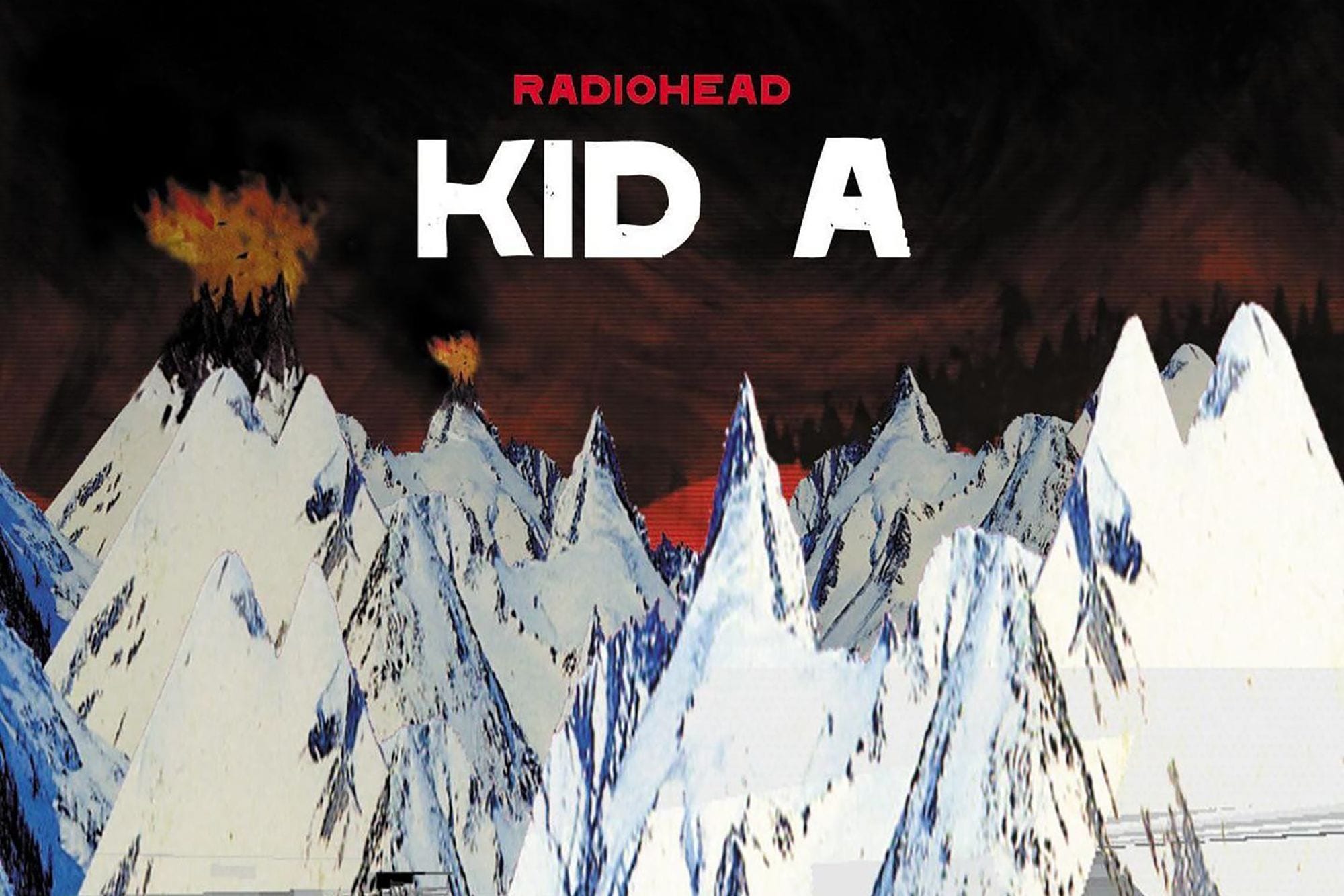
10. “Motion Picture Soundtrack”
At the risk of understatement, Kid A is a massively depressing listen. Artistically a triumph, it’s born of difficult times: a band undergoing a difficult paradigm shift, a lead singer battling depression, and a feeling that a bunch of post-grunge lads were never supposed to get this far, not to mention, where to go next.
“Motion Picture Soundtrack” is the closer to Kid A, but its conception dates back to predecessor OK Computer, from which it was cut. Lyrically, it’s a fitting epitaph to the isolating struggles of Kid A. Unlike its sister tracks, however, “Motion Picture Soundtrack” feels almost optimistic. Sure, Thom Yorke is still the same sad fellow he’s been the whole time: “Cheap sex / And sad films / Help me get where I belong.” It also gets thrown for a loop with the final line, however: “I will see you / in the next life.” Influenced by the eerily pristine harp swells surrounding it, this lyric comes off neither particularly sad nor happy, but hopeful. It’s more than a little reminiscent of another album closer, “See You in the Next One (Have a Good Time),” from The Verve’s A Storm in Heaven. Like Richard Ashcroft, Yorke doesn’t sound judgmental, even in delivering a bitter dismissal like “stop sending letters / letters always get burned.” Rather, he seems resigned to his fate, but willing to consider the possibility of rebirth.
Maybe this goes deeper (this statement also applies to the entirety of Kid A). Yorke has said that “Kid A” might refer to the first human clone, putting a different spin on the superficially mundane depression at focus during the first half of “Soundtrack”. Like Truman exiting the dome that has enclosed his life at the end of The Truman Show, the narrator here is suffering alienation greater than the average romantic longing, and, realizing his unique position in the world, chooses to move on as a neutral observer of what’s to come.
Musically, there’s a kind of magical quality to “Motion Picture Soundtrack”, and not by accident — Jonny Greenwood acknowledged his intent to replicate the faded sparkle of a classic Disney movie soundtrack with processed harps and vocalizations. After a rather stark first part, with Yorke accompanied by a creaky pump organ, the surreally maudlin harp trills frame things like a classic Hollywood dissolve.
Maybe this is all just overanalysis. After all, the tranquil Technicolor fadeout at the close of “Soundtrack” isn’t the last thing we hear from Radiohead. Of course, there’s a hidden track, and it’s unsurprisingly abstract and electronic. Perhaps the most satisfying thing about “Motion Picture Soundtrack” is that, despite the title, it doesn’t feel all that epic. There’s no sense that anyone is trying to prove anything musically or philosophically here. It’s another way to see Kid A, as an excellent album, and one that ends not by exploding from its frustrations, but by going to bed. — David Abravanel
+ + +
This article was originally published on 24 October 2010.

